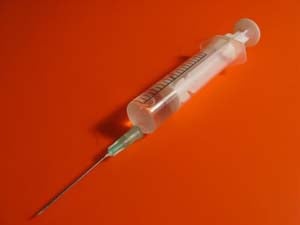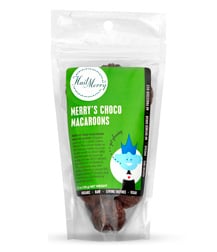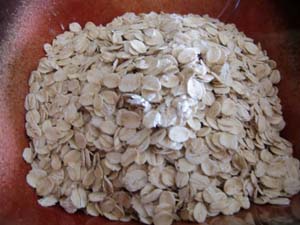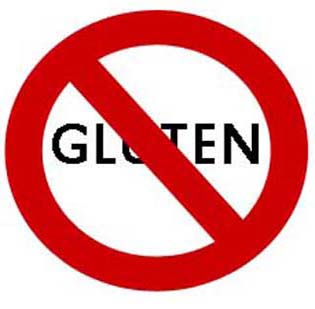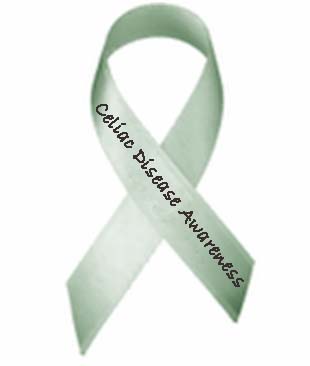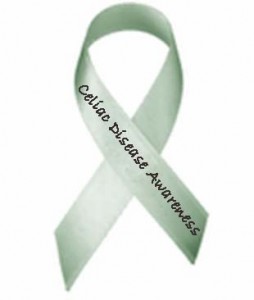It was a pleasant surprise to see ABC News (Australia) report on the subject of celiac disease, specifically the research of a celiac vaccine. You may have already heard that trials are currently in progress for this vaccine. Thus far, 34 people have been tested with the celiac vaccine (also known as Nexvax2) and if all goes well, they expect the vaccine to be ready by 2017.
Funding and Partners Continue reading “Celiac Vaccine Slated for 2017”


